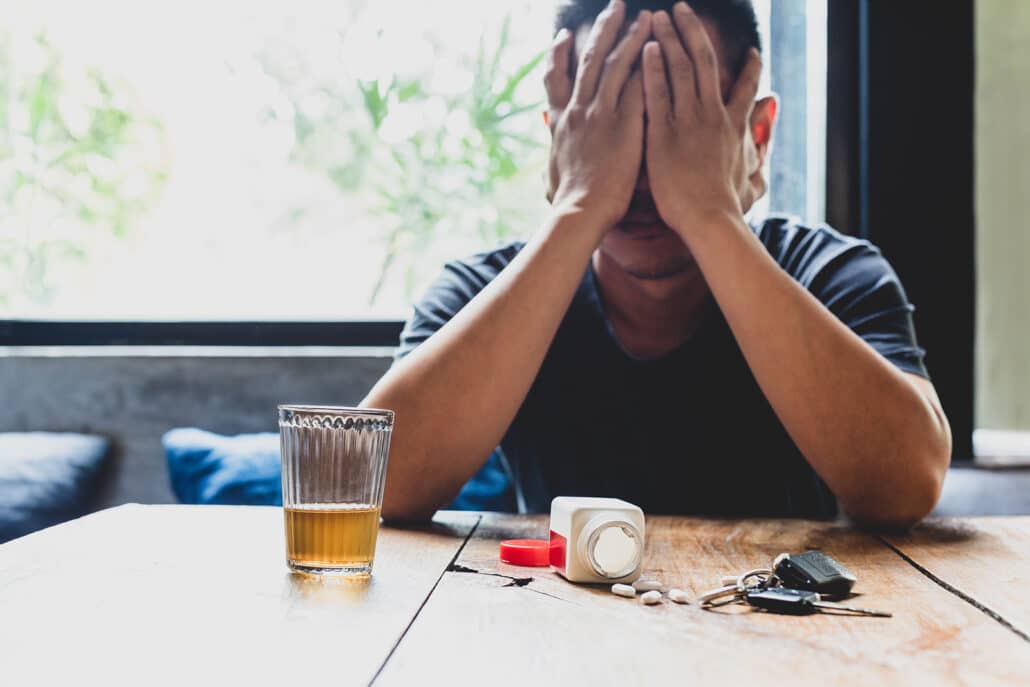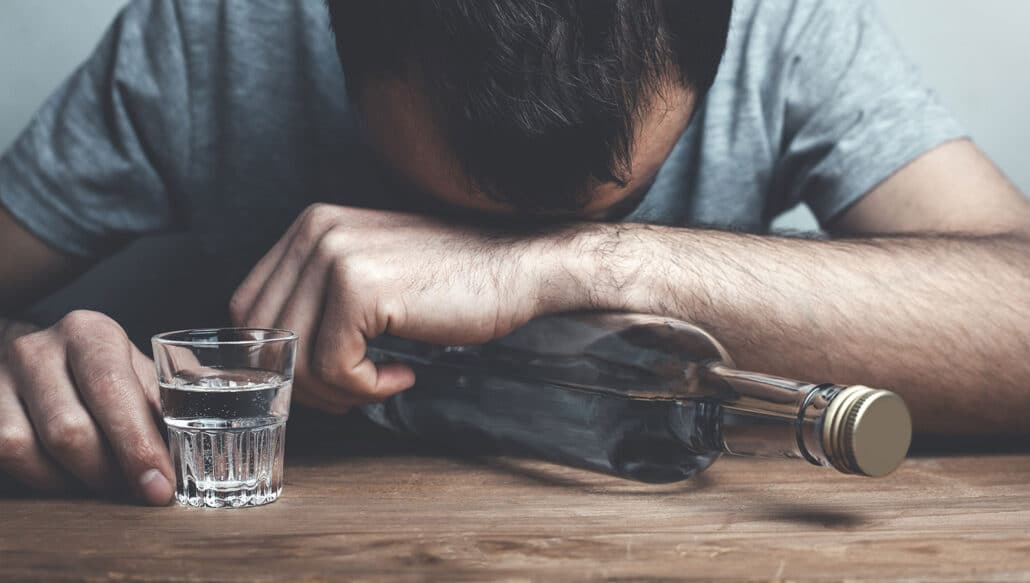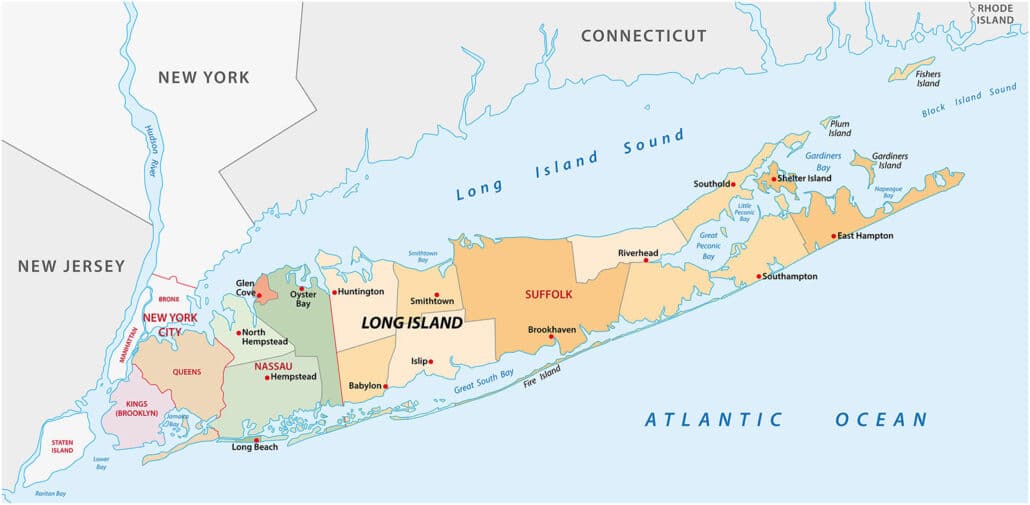If you live in Long Island or anywhere within the surrounding area and know someone who is struggling with alcoholism or drug addiction, you will be pleased to know that help is available on a local basis. The Long Island Council on Alcoholism & Drug Dependence Inc. (LICADD) is fully staffed with clinicians, social workers, educators, and care coordinators whose desire is to alleviate the pain and suffering that goes along with addiction.

Table of Contents
Who Is LICADD?
LICADD was first formed in 1956. Originally, it was known as the Nassau County Committee on Alcoholism. At that time, many people considered alcoholism to be a moral issue rather than a treatable medical condition. The general consensus was that anyone could escape alcoholism if they only had enough willpower. One of the main reasons for forming the council was to educate people on the nature of alcoholism and to provide resources for recovery. Since that time, the Long Island Council on Alcoholism & Drug Dependence Inc. has grown into a strong, multi-disciplined organization that serves the entire Long Island community.
Programs and Services
The independent nature of the council allows it to offer a number of programs and services that are specifically tailored to meet the needs of Long Island residents. It operates in a dual role as both a healthcare agency and a nonprofit business. It also serves as an educational institution. The council is supported through voluntary contributions and is governed by a board of directors made up of community leaders, healthcare professionals, and interested laypersons.
What Does LICADD Do?
LICADD’s mission is to help those suffering from alcohol and drug abuse to recover and to provide the tools for sustaining that recovery. It also supports families who are dealing with a family member who has an addiction. Additionally, the council provides assistance to both employers and employees. Here are three of the initiatives and programs presently being offered by LICADD:
1. Advocacy
This initiative is designed to increase public awareness of the effects of alcoholism and drug dependency. Efforts are made to shape public policy and practices in order to benefit individuals, families, schools, and communities. Interactive relationships are maintained with local treatment centers and with larger organizations such as the National Council on Alcoholism and Drug Dependence.
2. Open Arms Employee Assistance Program (EAP)
This EAP is designed to help both employees and employers by offering screened referrals, crisis intervention, and substance abuse management. The goal of this EAP is to boost employee morale. The result of this is an increase in production, which subsequently provides benefits to both parties. EAP programs like this have been shown to reduce both employee absenteeism and workplace disruptions.

3. Family Services
This program provides education and services to families living with someone who has an alcohol or drug dependency. It deals with the disease itself, the effects on the family, the role of the family, and available treatment options. Sessions are held in a private setting so that family members feel freer to participate and ask questions. Family interventions are also available when a family member obviously needs help but continuously refuses it. Additionally, educational services are provided to students from kindergarten through high school.
What Are LICADD’s Strengths?
For more than 60 years, LICADD has helped to remove the stigma of drug and alcohol dependency through education. Their intervention programs have been highly successful in transforming the lives of both individuals and families. Through their charitable contribution efforts, they have been able to provide some of the nation’s finest programs for only a small fee.

Statistics Concerning Alcoholism and Drug Abuse
Alcoholism and drug abuse is a widespread problem throughout the United States and in Long Island. During 2020 when the pandemic was in full force, the occurrence of alcohol-related deaths skyrocketed by almost 40 percent to more than 150,000 people. Drug overdoses also reached more than 100,000 people during the 12-month period ending in April 2021, as compared to the previous 12-month period. This represents an increase in drug overdoses of almost 30 percent.
Other Services Offered
In addition to its other work, the Long Island Council on Alcoholism & Drug Dependence Inc. also offers programs that deal with anger management and grief support because each of those is often associated with alcoholism and drug abuse. The anger management course lasts for 12 weeks and covers such topics as responding instead of reacting and developing defense mechanisms. The grief counseling program concentrates on the stages of grief and effectively navigating through each one of those stages.
Summary
If you are struggling with alcohol abuse or drug addiction, you may be depressed, thinking that your situation is hopeless. However, that is not the case. Local resources are available to help you recover and to be able to live a life free of alcohol and drug dependence. As previously discussed, one of those resources is the Long Island Council on Alcoholism & Drug Dependence Inc. Other resources, though, may fit your particular circumstances better. To learn more about what other resources are available, contact Long Island Interventions.
Published on: 2022-04-29
Updated on: 2024-06-21

